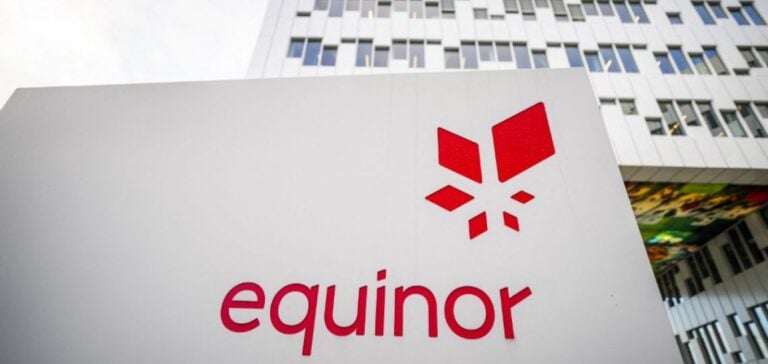Energy company Equinor ASA has announced the signing of a major agreement with Centrica PLC, parent company of British Gas, for the supply of natural gas to the United Kingdom. The deal is valued at an estimated GBP20 billion (€24 billion, $26 billion) and will take effect on 1 October, running until 2035.
An annual volume covering 10% of UK demand
According to the statement released on 5 June, the contract covers the delivery of around 5 billion cubic metres of gas per year, equivalent to nearly 10% of the United Kingdom’s annual consumption. Norway, and Equinor in particular, already supplies nearly two-thirds of the country’s gas.
This agreement renews a strategic partnership between the two groups. In 2011, Centrica had signed a similar ten-year deal with Equinor, then operating under the name Statoil, initially providing 5 billion cubic metres per year, later increased to 7.3 billion.
Norway’s role in UK energy supply reinforced
The agreement was concluded amid ongoing concerns over energy security in the United Kingdom. This past winter, Centrica reported alarmingly low levels of gas reserves, reflecting similar conditions across continental Europe since the onset of the conflict triggered by Russia’s invasion of Ukraine.
“This agreement will continue to support UK energy security through reliable gas supplies from the Norwegian continental shelf,” said Equinor Chief Executive Officer Anders Opedal in the statement.
Outlook for a broader hydrogen market
Centrica CEO Chris O’Shea noted that the agreement not only ensures gas supply but could also strengthen prospects for the development of a growing hydrogen market in the UK.
According to data from the International Energy Agency (IEA), natural gas accounts for 38% of the United Kingdom’s total energy supply, making it the country’s primary energy source. This dependence on imports exposes the UK to geopolitical volatility, as observed since Russia’s large-scale invasion of Ukraine in February 2022.
In late 2023, Equinor signed another major deal with Germany’s Securing Energy for Europe GmbH (SEFE) for the annual delivery of 10 billion cubic metres of gas over ten years, valued at €52 billion at prevailing rates.






















